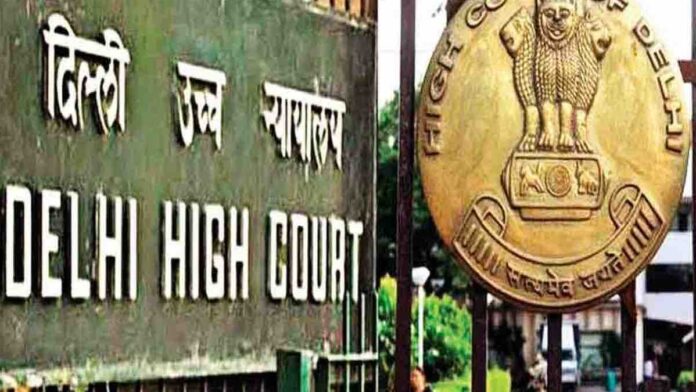The Delhi High Court on Monday granted six-week interim bail on medical ground to liquor businessman Sameer Mahendru in a money laundering case related to alleged irregularities in the now-scrapped Delhi excise policy.
A vacation bench of Justice Chandra Dhari Singh observed the accused was suffering from life-threatening diseases warranting immediate medical attention and post-operative care.
Every person has a right to get adequately and effectively treated, it said.
The discretion of granting bail is not to be exercised only as a last resort rather freedom is a cherished fundamental right, said the court.
“The petitioner (Mahendru)is admitted to interim bail for a period of six weeks on his furnishing a personal bond in the sum of Rs 10,00,000 (Rupees Ten Lakhs Only) with two sureties of the like amount to the satisfaction of the Trial Court concerned,” the court ordered.
“Health condition of a human being deserves utmost importance and right to health is one of the most significant dimensions of Article 21 of the Constitution of India. Every person has a right to get himself adequately and effectively treated,” stated the court.
The court directed that Mahendru be released from jail immediately.
After the expiry of the interim bail period, he shall surrender before the trial court before or at 5 pm on July 25, it said.
The court imposed several conditions including that he shall not leave the limits of the hospital and his house and shall also not leave the country.
The court noted that the Prevention of Money Laundering Act granted relaxation to “sick or infirm persons” in matters of grant of bail and the petitioner was entitled to this benefit on account of the “life-threatening nature of the diseases with likelihood of causing irreversible injury to the petitioner”.
“The fact that the petitioner is unable to sit, bend forward, and not even able to lift any weight suggests the infirmity on the part of the petitioner to carry out day-to-day routine activities and non -following the advice and the specialized treatment may lead to neurological damage to the petitioner,” noted the court.
“Medical condition of the petitioner, coupled with the unblemished conduct and the grant of regular bail to the co-accused are reasons that are sufficient enough for this Court to grant interim bail to the petitioner for receiving specialized treatment,” it said.
The court also observed that there was nothing on record to show that the accused misused previous interim bails granted to him and he was also not found to be an absconder.
Senior advocate Vikas Pahwa appeared for the accused and said he was suffering from life-threatening diseases and had been hospitalized 5 times and has had 4 medical procedures in the last 60 days.
The Enforcement Directorate said the condition of the petitioner was found to be stable and that his pain had decreased significantly and was thus not entitled to be enlarged on medical bail.
According to the prosecution, the accused was allegedly one of the major beneficiaries of the violations of the excise policy as he was not only running an alcoholic beverage manufacturing unit but also given a wholesale licence along with some retail licences in the name of his relatives.
Because of the alleged irregularities and violations, Mahendru made around Rs 50 crore, the prosecution has claimed.
The ED has registered an enforcement case information report (ECIR) against Mahendru under the relevant provisions of the Prevention of Money Laundering Act (PMLA).
The money laundering case stems from a Central Bureau of Investigation (CBI) FIR.
According to the CBI and the ED, irregularities were committed while modifying the excise policy and undue favours were extended to licence holders.
The Delhi government implemented the policy on November 17, 2021, but scrapped it at the end of September 2022 amid allegations of corruption.
Former Delhi deputy chief minister Manish Sisodia is also an accused in the matter.




